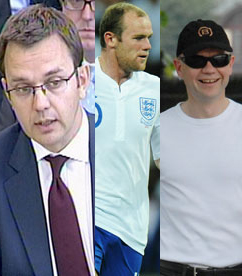 British Broadcasting Corporation v Harpercollins Publishers Ltd & Anor [2010] EWHC 2424 (Ch) – Read judgment
British Broadcasting Corporation v Harpercollins Publishers Ltd & Anor [2010] EWHC 2424 (Ch) – Read judgment
As has been widely reported, the BBC has failed in its attempts to obtain an injunction preventing the driver Ben Collins from revealing in an autobiography that he was The Stig in Top Gear. On 4 October 2010 Mr Justice Morgan handed down his reasoned judgment in the case, which has been summarised on the Inforrm blog.
The judgment itself contains few surprises. Morgan J held that Collins himself was not a party to any contracts with the BBC, the contracts in question having been agreed between the Corporation and a company established to service Collins’ business interests (para.20). It followed that the BBC had no claim in contract law against him personally for an alleged breach of a confidentiality clause. However, Collins was still bound by an equitable duty of confidentiality that prevented him from revealing The Stig’s identity (para. 20). Morgan J considered that this duty would still have applied at the date of the trial if this information had continued to be confidential (para. 50). However, as a result of numerous press reports (para. 52):






 A district court in California has ruled that the Pentagon’s “don’t ask, don’t tell” policy is unconstitutional, and has awarded the plaintiffs a permanent injunction barring further enforcement of the statute embodying the policy.
A district court in California has ruled that the Pentagon’s “don’t ask, don’t tell” policy is unconstitutional, and has awarded the plaintiffs a permanent injunction barring further enforcement of the statute embodying the policy. 

